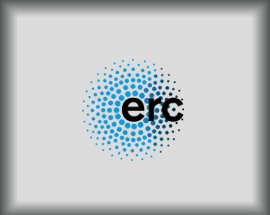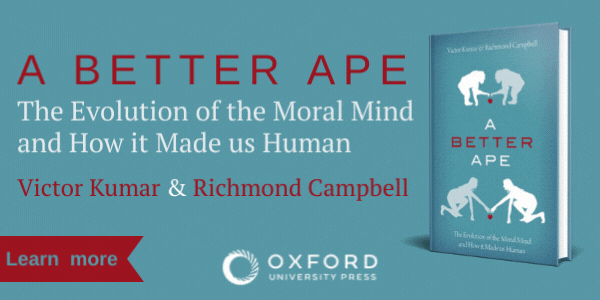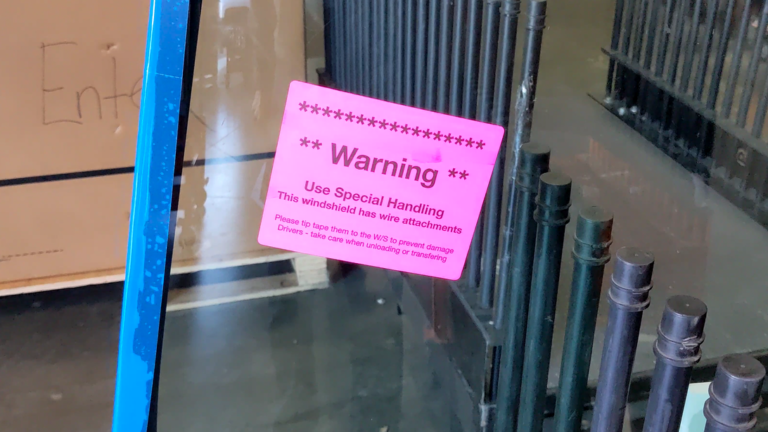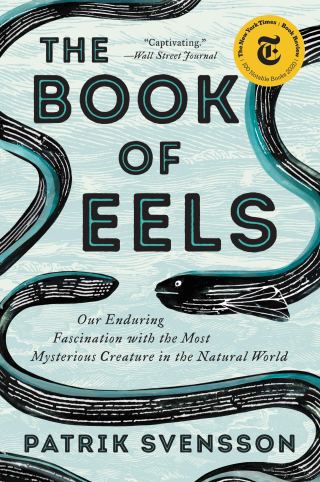There were 253 awards across a wide range of disciplines. More information about the grants and links to the full lists of grant recipients can be found here.
The European Research Council (ERC) has announced the recipients of its latest round of its multimillion-euro “Advanced Grants,” and several philosophers are among them.
- Klaus Corcilius (University of Tübingen)
Text and Idea of Aristotle’s Science of Living Things
The project “Text and Idea of Aristotle’s Science of Living Things” (TIDA) is devoted to a new overall interpretation of Aristotle’s philosophy of mind. TIDA’s basic idea is to break with the interpretive approach that governed research on Aristotle’s so-called ‘psychological’ writings, and in particular on his famous treatise ‘On the Soul (De Anima)’, for more than half a century. On that approach, the De Anima presents us with Aristotle’s ‘philosophy of mind’. Against this trend, TIDA aims to show that the De Anima is not concerned with the philosophy of mind as such, and that such a philosophical project would indeed be alien to Aristotle’s way of thinking; rather, what the De Anima is concerned with is the definition of the first principle of a much more comprehensive science of living things. TIDA wants to point out how the De anima divides explanatory labour with the other treatises pertaining to that science, and – most importantly – what the resulting scientific theory of living things has to say about the issues of the philosophy of mind. With the due grain of salt we may say that TIDA wishes to bring out how Aristotle understands the issues and problems of the philosophy of mind from his own biological perspective. TIDA’s methods are decidedly philosophical-cum-philological. Two objectives are pursued in tandem: subjecting Aristotle’s treatise on the soul, the De Anima, and related treatises, to a new and comprehensive philosophical interpretation, while making available the original Greek text in a way that complies with the standards of contemporary textual criticism. TIDA will produce a reliable critical edition of the De anima, both in print and digital. Astoundingly, such an edition still does not exist. As the constitution of the text will crucially depend on the philosophical evaluation of alternative manuscript readings, only the closest collaboration between textual critics and philosophers will yield progress for this aim. There is reason to expect improved original texts and a new and more informative philosophical perspective on Aristotle on the mind. In effect, TIDA consists in a five-year interdisciplinary research team, designed to give future philosophical and philological work on Aristotle’s science of living things a new foundation. (€2,500,000)
- Øystein Linnebo (University of Oslo)
Construction in the Formal Sciences
Many philosophers will know the iterative conception of sets, according to which sets are successively formed from previously available objects. This conception has been a huge success, by explaining and motivating large parts of contemporary set theory. The project, Construction in the Formal Sciences, seeks to develop other, similarly powerful applications of an idealized and infinitary constructional approach. We aim, in particular, to develop a foundation for the study of intensional entities, e.g. propositions and properties, where a variety of paradoxes still arise, with no agreed-upon solution—nearly a century after set theory received its proper foundation. By building on my recent work on potentialism (which generalizes Aristotle’s notion of potential infinity) and some theoretical tools inspired by constructive mathematics, we will develop applications of the idealized constructional approach in philosophy, foundations of mathematics, formal semantics, and formal ontology. (€2,023,956)
- Jan Helge Solbakk (University of Oslo)
Moral residue – epistemological ramifications, ethical implications and didactic opportunities
This project is a contribution to moral philosophy, to the didactics of transformative reading and to medical ethics education. It examines moral residue (MR); the distress experience common among health care practitioners as well as other moral agents of recognizing what they take to be their own failure to meet a moral requirement, despite not being fully blameworthy for that failure; and which they express through regret or anguish. Our overall aim is threefold: (1) to substantially advance the philosophical and phenomenological understanding of MR, as a concept and as an experience, by analysing situations of MR caused by moral dilemmas, and by directing attention to situations that have not been explored or are under[1]explored – MR caused by unavoidable normative ignorance or by impermissible emotions; (2) to empirically study the impact of literary narrative fiction (that is thematically related to MR) in altering concepts of self and others, a process we call “transformative reading”, and (3) to devise, and to empirically test the potential merits of a novel narrative method for medical ethics education that we believe can enable health care practitioners to learn how to acknowledge their inherent vulnerability to MR, and to accept that they are likely to fail morally in ways that they may not be able to avoid, without this acceptance compromising their sense of dignity as moral agents. The aims are intimately connected in that it is the philosophical research into MR which motivates and enables the didactic part of the project, and which thereby binds it together into an integrated whole. The investigation is conducted in health care because this context makes apparent the full range of contingencies in life that impose limits to the rational exercise of moral agency, and which thereby lock agents into diversified situations of MR. Since MR is also pervasive outside of healthcare, we believe it will benefit other branches of applied ethics as well. (€2,455,000)







